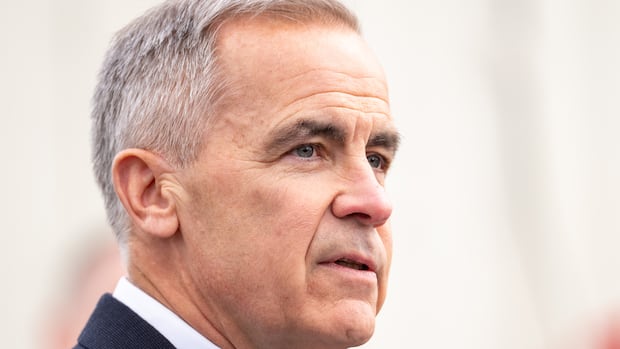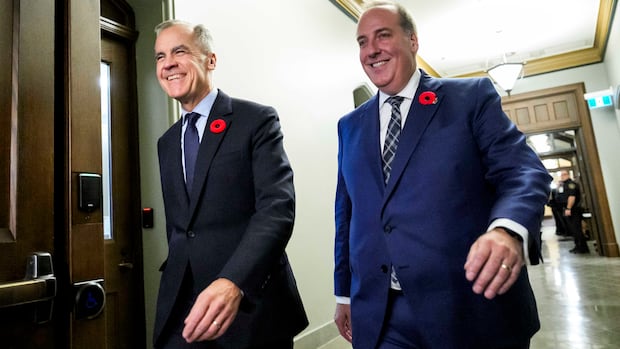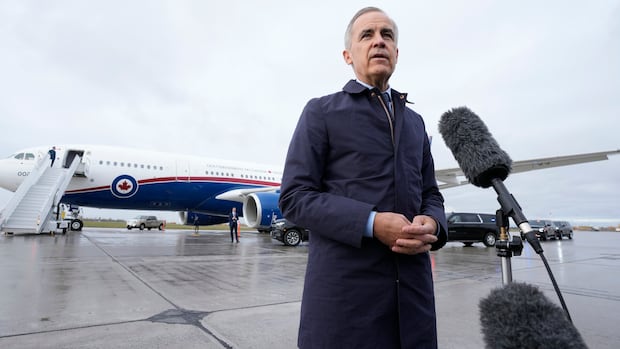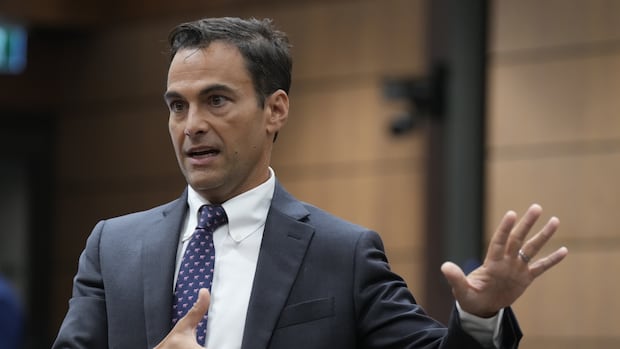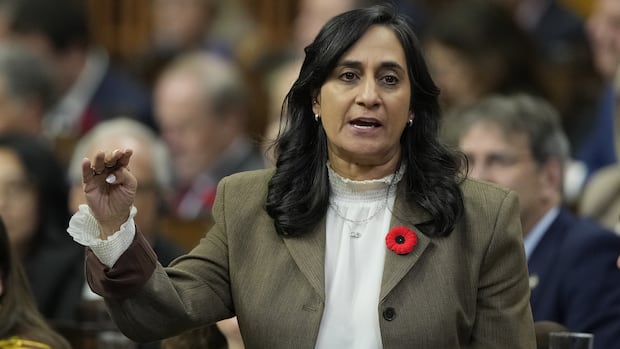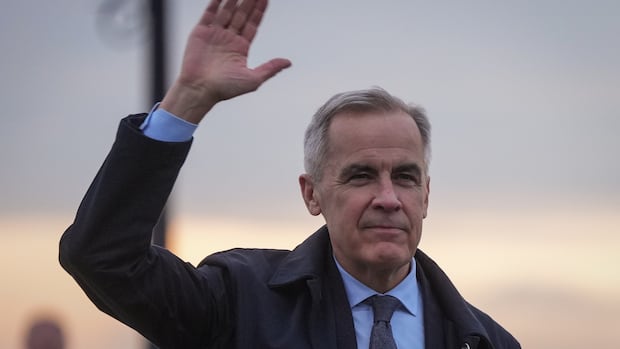Listen to this article
Estimated 5 minutes
The audio version of this article is generated by text-to-speech, a technology based on artificial intelligence.
Days before MPs are set to cast their vote on the Liberal budget, interim Parliamentary Budget Officer (PBO) Jason Jacques is calling the government’s accounting into question, suggesting there’s a less than 10 per cent chance it will stay within its deficit targets.
Despite that criticism, the report contrasts with Jacques's September comments that Canada’s spending is “unsustainable” and “shocking”: he now says that according to the PBO’s own framework, the government’s finances, while tight, are sustainable over the long term.
The report saves its harshest criticism for the way Finance Canada changed the way it reports deficit financing by separating out capital from operational spending.
The "PBO maintains its view that the government’s definition of capital investments is overly expansive," Friday’s report said.
The budget watchdog says that while the government lays out $311 billion in capital spending between 2024-25 and 2029-30, the PBO’s analysis concludes that only $217.3 billion of that should be classified as capital spending.
The report says that given how subjective defining capital investments can be, the government should “establish an independent expert body to determine which federal spending categories and measures qualify as capital investment[s].”
When Carney announced his government would separate out its reporting of day-to-day and capital spending, the prime minister said the change would help Canadians see the difference between borrowing to pay for the operation of government and borrowing to invest.
The government defined capital investments "broadly as any government expense or tax expenditure that contributes to public or private sector capital formation, held directly on the government’s balance sheet or on that of a private sector entity, Indigenous community or another level of government."
The PBO says that definition goes beyond the limits established in the System of National Accounts, an international standard for how countries calculate and account for their economic activity.
WATCH | Breaking down the PBO's criticism of government accounting:Interim Parliamentary Budget Officer Jason Jacques called out the government’s accounting, saying there’s a less than 10 per cent chance it will stay within its deficit targets. CBC’s Mark Carcasole shares more on this.The budget repeated Carney’s promise to balance the day-to-day spending of government for programs and transfers within three years.
But the PBO report said that without the spending announced in the 2024 fall economic statement, and the 2025 budget, operational spending could have been in surplus as early as 2026-27.
The measures announced since last fall, the report said, are keeping the operating budget in deficit until 2028-29, a year longer than the budget forecasts.
The federal government’s prediction is that its deficit-to-GDP ratio will increase to 2.5 per cent in 2025-26 before declining to 1.5 per cent by 2029-30. But the PBO report says there's only a 7.5 per cent chance that the ratio will decline every year through 2029-30.
“This suggests it is unlikely that the government’s declining deficit-to-GDP fiscal anchor will be respected,” the report said.
That said, according to the PBO’s own calculations, Jacques's report said Canada’s debt as a share of GDP will decline over the next 30 years, giving the Liberal government a limited but sustainable fiscal position.
Finance Minister François-Philippe Champagne’s press secretary John Fragos told CBC News that while the minister’s office respects the PBO’s work, it's important to note that its findings do not take into account the increased economic growth expected to result from the measures in the budget that could provide more fiscal room in the years ahead.
“Budget 2025 addresses the broader growth and productivity challenges Canada has long faced,” Fragos said in an email. “The budget takes a sustainable, long-term outlook that balances ambition with responsible governance.”
WATCH | Poilievre responds to PBO report:Conservative Leader Pierre Poilievre responded to the parliamentary budget watchdog's budget report on Friday, calling the Liberal spending plan a 'costly credit card budget.' The report found that there is a low chance the government will stay within its deficit targets. The House will decide whether to pass the budget in a critical vote on Monday.Kevin Page, the first parliamentary budget officer, gave the Liberal budget a grade of B for fiscal responsibility, saying Canada's "fiscal structure" is sustainable despite a higher debt burden and having less fiscal room to deal with a financial shock like another pandemic or a repeat of the 2008 financial crisis.
The Liberal government appointed Jacques in early September for six months, but this week announced it was looking for someone with “tact and discretion” to replace him on a permanent basis.
Speaking in Calgary, Conservative Leader Pierre Poilievre accused Prime Minister Mark Carney of “cooking the books by mislabelling day-to-day operating spending as investment,” and said the Liberal government is unlikely to meet his deficit targets, which will hurt all Canadians.
“Today’s parliamentary budget officer’s report demonstrates that Mark Carney’s costly credit card budget will mean higher grocery and housing bills for Canadians today and higher taxes for them tomorrow,” Poilievre said.


